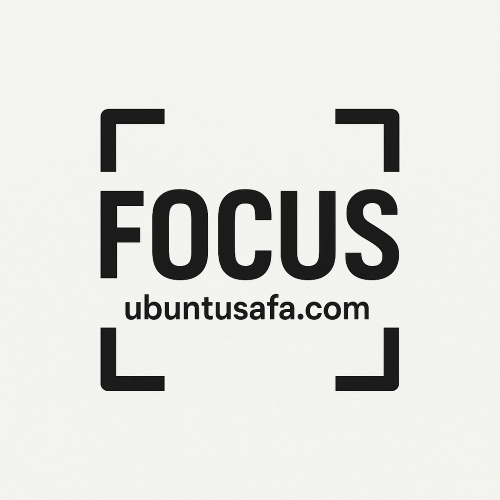Iranians Still Don’t Want An Islamic Republic

Iran’s political opposition is in no position to challenge the regime. That doesn’t mean popular dissent has gone away.
For years, policymakers in Washington heard from a range of advocates and activists that Iran’s political opposition was primed to rise against the country’s clerical regime, if only it were provided an opening to do so. But when Israel launched a military offensive to cripple the Islamic Republic’s nuclear program earlier this summer, nothing of the sort happened.

Even when Israel targeted elements of Iran’s repressive police state (including the headquarters of its feared domestic militia, the Basij) as part of a limited effort to erode the regime’s hold on power, the Iranian “street” remained mostly silent. All of which has helped convince officials in Washington that, in terms of political relevance, Iran’s current government is the only game in town—and will be for the foreseeable future.
The reality, however, is a good deal more complex, as a new study from the Netherlands-based polling institute GAMAAN makes clear. The large-scale poll, conducted digitally last summer using internet circumvention tools, surveyed more than 20,000 Iranians and yielded several significant findings that shed light on Iran’s direction in the years ahead.
The first is that, by a wide margin, Iranians see the country’s current clerical system as bankrupt. Some 70 percent of respondents “oppose the continuation of the Islamic Republic,” and 40 percent of those polled believe that the fall of the regime would be “a precondition for change.” Moreover, GAMAAN notes, this opposition to the idea of the Islamic Republic “is higher among the youth, urban residents, and the highly educated”—the most significant and dynamic cohort in Iran’s population of 92.5 million.
The second is that, as many observers and experts have argued, Iran retains enormous democratic potential. An overwhelming majority of those polled (89 percent) support democracy as an alternative form of government to the current clerical state, according to GAMAAN’s findings. That figure is tantamount to “a national consensus in favor of democracy” as the desired future for the country, its report concludes.
Still, such a future for Iran isn’t necessarily assured. Worryingly, GAMAAN details, “[a]bout half of the population (43 percent) is open to authoritarian rule by a strong individual leader.” Those views are most prevalent among the country’s rural population and its less-educated classes.
But what Iranians clearly reject by a wide margin is either a new government based on religious law or one that enshrines military rule. Sixty-six percent of those polled saw a new religious system as either “fairly bad” or “very bad.” Seventy-one percent of respondents held the same view of a political takeover by the country’s military (presumably, this means both the country’s standing army, the Artesh, and its clerical one, the Islamic Revolutionary Guard Corps).
For the Trump administration, now busy figuring out its next moves toward Iran, these data points should be significant. The White House has made clear that it has no appetite for regime change in Iran—at least for the moment. Instead, current efforts focus on working via the European Union to pressure the Iranian regime into some sort of more restrictive nuclear deal, leveraging the threat of a “snapback” of multilateral economic sanctions to do so.
Nor is there any sign of a viable alternative to this policy at present. Iran’s opposition, still deeply fragmented and politically disorganized, does not pose a serious challenge to the ruling clerical elite in the near future.
Still, policymakers in Washington should take note that the arc of Iranian opinion clearly bends toward the pursuit of greater freedom. At a bare minimum, whatever deal they end up striking with the country’s current rulers should not preclude that possibility.
- Questions and Answers
- Opinion
- Motivational and Inspiring Story
- Technology
- Live and Let live
- Focus
- Geopolitics
- Military-Arms/Equipment
- Ασφάλεια
- Economy
- Beasts of Nations
- Machine Tools-The “Mother Industry”
- Art
- Causes
- Crafts
- Dance
- Drinks
- Film/Movie
- Fitness
- Food
- Παιχνίδια
- Gardening
- Health
- Κεντρική Σελίδα
- Literature
- Music
- Networking
- άλλο
- Party
- Religion
- Shopping
- Sports
- Theater
- Health and Wellness
- News
- Culture

